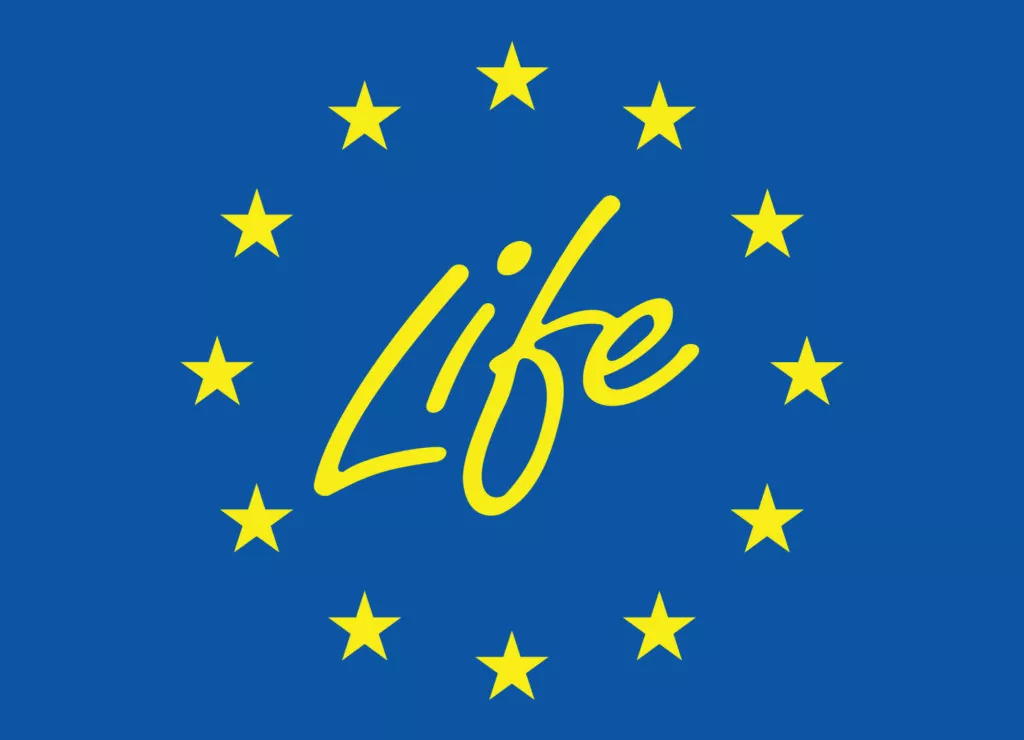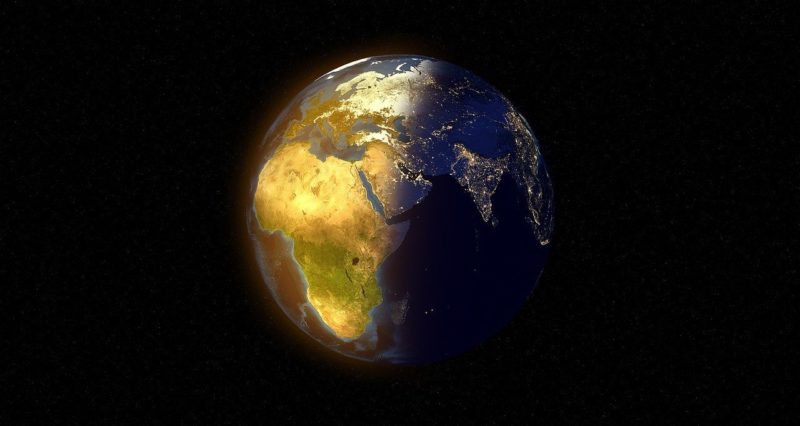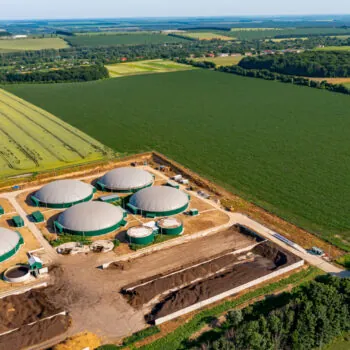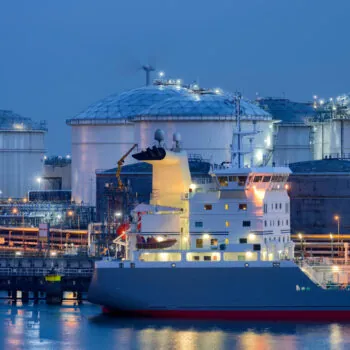A realignment of energy diplomatic priorities away from fossil energy to renewables and clean solutions, in line with the European Green Deal, is in the German and European strategic interest. E3G sets out a set of scenarios on how to do this, and risks and opportunities associated with each. Our recommendations for the German and European energy diplomacy are designed to minimize risk and maximise opportunities across the scenarios.
The adoption of a new more ambitious climate target at the EU’s December Council, shortly after major economies like China, Japan and USA followed earlier EU climate leadership on climate neutrality goals, confirm that the European Green Deal has become core to the EU’s strategic interests.
Implementing the European Green Deal will have far reaching implications for the EU’s consumption of fossil fuels, notably gas. The Green Deal will also influence how the EU relates to the rest of the world on matters of energy and diplomacy.
This makes energy diplomacy an area that will need to fundamentally transform if it is to continue to serve the EU’s core strategic interests.
Germany plays an important role in this transformation as the EU’s largest consumer of gas, a key EU transit hub, and an engine of low carbon deployment and export. It also has significant diplomatic and financial means to support a smooth global transition.
For better or worse, Germany is also key for unity inside the EU. Germany acts as a bridge between the EU’s East and West on many matters of the energy transition. But with energy infrastructure projects like Nord Stream 2 it has deepened the internal divide and exposed differences between Brussels, Berlin, and other capitals.
Germany now needs to develop an approach to energy diplomacy that can adapt to changing geopolitical winds. This new approach to the global transition will be shaped by the speed at which alignment with Green Deal objectives happens and the level of cooperation in the geopolitical environment.
Different transition pathways (slow, fast) come with different risks and opportunities as they are embedded in different states of global geopolitics (competitive or cooperative). This has implications for the world’s multilateral system, international stability and Germany’s position in the global clean energy economy. These risks and opportunities must be managed if Germany, and indeed Europe, are to reach climate goals.
To build resilient and adaptive energy diplomacy that can navigate across scenarios and support the Green Deal the following three steps will be critical for Germany, in close coordination with the EU, to take:
- Recognise energy diplomacy as a central pillar to the European Green Deal and build up clean energy diplomacy capacities. These should be built at the national as well as EU level so they can do comprehensive and integrated climate and energy security assessments of the EU’s neighbourhood and existing and prospective partners. This should help to identify strategic low carbon supply chains and be supported by a climate and energy diplomacy network embedded in the relevant embassies.
- Develop resilient energy partnerships to close the low carbon divide. Germany’s cooperation with current fossil energy partners, both exporters and transit countries, needs to be made compatible with climate neutrality. It should make careful use of ‘carrots’ and ‘sticks’. For example, an introduction of a Carbon Border Adjustment instrument or better alternatives like product standards will need to be accompanied by a broader policy package. The policy should support trade partners in meeting cleaner production standards, target infrastructure investment and eliminate tariffs on low carbon technologies. A new policy will also require a full revision of all planned fossil infrastructure projects. Equally important will be the development of new energy alliances with countries that have high renewables potential or other key resources that will help it to secure a diversified set of strategic clean economy supply chains and markets.
- Strategic use of public finance for a managed transition and opening clean energy markets. Germany in close coordination with its EU partners should adopt a clear timeline for phasing out all fossil fuel support by multilateral and bilateral development banks and export credit agencies with EU shareholdership. This should happen while developing a plan to ramp up clean energy finance.
This project has received funding from the LIFE Programme of the European Union.



